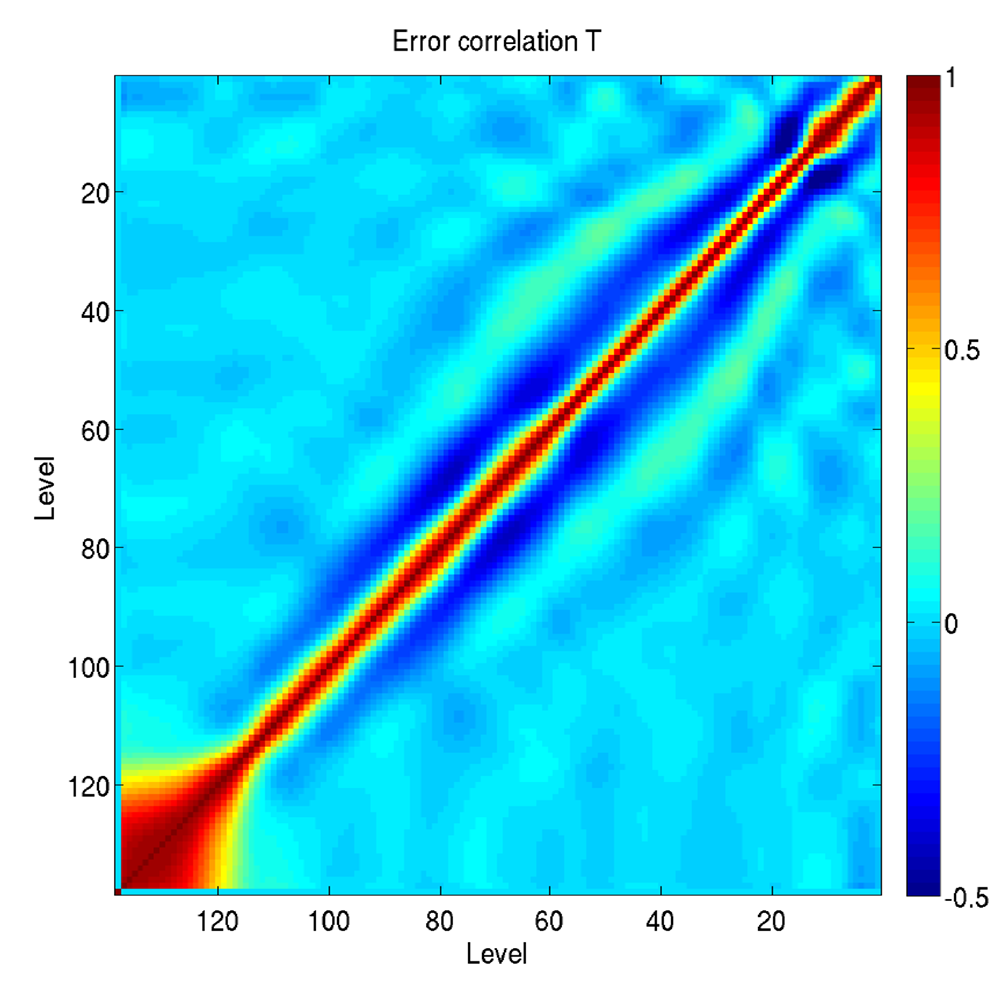Recent experiences with the IASI L2 data assimilation at ECMWF
Kirsti Salonen talks about the assimilation of IASI temperature and humidity profiles at ECMWF.
Length: 53 minutes
ECMWF develops and operates a global numerical weather prediction system. Currently ca. 400 million observations are present in a 12-hour assimilation window; the vast majority of these are satellite measurements. The main approach to assimilate satellite measurements is radiance assimilation, and together with the conventional observations, they are the main drivers for the headline scores. Assimilation of satellite retrievals, such as IASI temperature and humidity retrievals, is an alternative approach for the radiance assimilation. During the lecture the main findings from a recent assimilation study with IASI L2 retrievals will be discussed. Assimilation experiments indicate that in clear sky conditions the humidity retrievals have a positive impact on analyses and forecast quality, comparable in magnitude to that obtained when IASI radiances are assimilated. However, the results are very sensitive to the diagnosed observation error correlation that is used. Assimilation of cloud affected humidity retrievals brings further improvements to model analyses and forecasts. Impact can be enhanced by using scene dependent observation errors and error correlations. Assimilation of temperature retrievals currently degrades analyses and forecasts, most likely due to smoothing of inversions and tropopause structures while the vertical sensitivity and resolution of the products are not yet taken into account in the observation operator.

